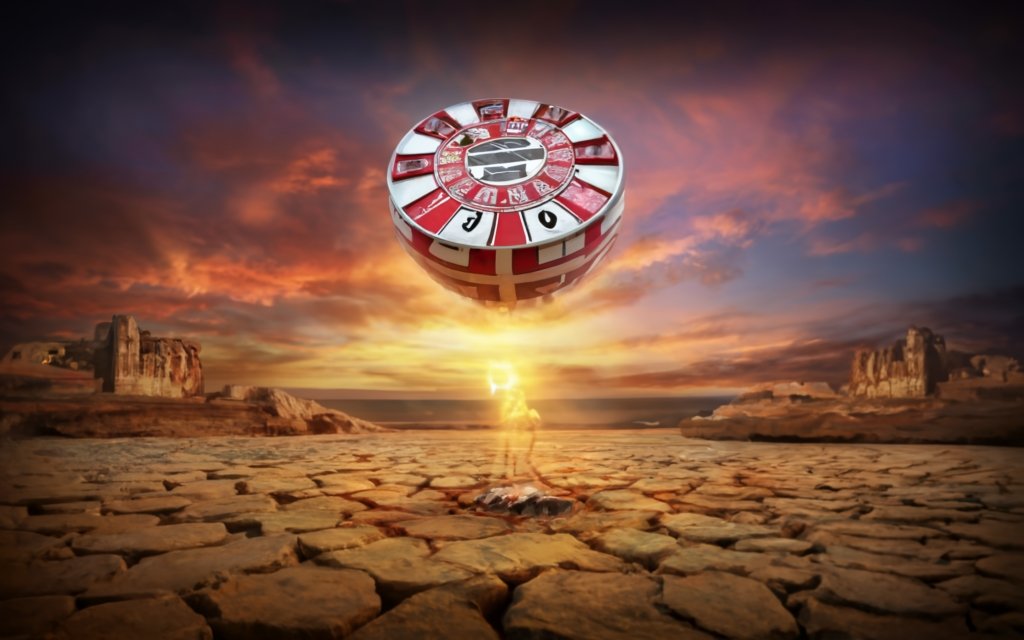Lotteries have long, rich histories, morphing over millennia from easy games of chance into sophisticated, tech-forward businesses. From early gambling with dice plus tiles to online plus mobile platforms, the trip has seen innovation plus adaptation.
Ancient Roots of Lotteries
One can trace lotteries’ roots to ancient times. Diverse cultures engaged in assorted chance-based gambling for fun plus sometimes to raise funds for government projects. For instance, the Chinese Book of Songs remarks on a game of chance played with wood or bone tiles as early as 205 BC. Ancient Romans also did lottery-style gambling, with participants buying tickets for prizes like property or cash.
Over time, lotteries changed from simple concepts fully based on randomness plus luck into more organized revenue-generating systems. Medieval Europeans held public lotteries to fund town fortifications or assist the poor. Between the 15th plus 17th centuries, Italian city-states bettered the lottery idea by offering prize money instead of goods plus standardizing procedures. Lotteries became quite popular plus soon spread across Europe.
Technology’s Part in Lottery Evolution
As technology developed over centuries, lotteries’ mechanics plus business operations were able to greatly advance. For example, the printing press’s arrival enabled mass production of lottery tickets. The industrial revolution brought further standardizations through machine manufacturing. Plus linking lottery draws to measurable happenings like weather statistics bettered perceptions of fairness plus randomness.
In the 20th century, lotteries truly entered the modern era with computerized systems for printing, securely storing, quickly selecting, plus detecting fraud in tickets. Retail networks enabled broad distribution with point-of-sale integration. Plus statistical modeling employing big data analytics powered jackpot management, pricing tactics, plus winner selection algorithms.
Most recently, the digital revolution has perhaps ignited the most disruption of lotteries. Websites plus mobile apps now facilitate ticket purchases without lining up at shops. Players can instantly check results online plus even get win notifications directly to devices. Back-end data processing has exponentially gained sophistication too. Plus Internet connectivity forms the backbone for linking networks across jurisdictions.
The Information Age’s Lottery Impact
The Information Age emerging in the late 20th century has deeply impacted many sectors, with lotteries being no exception. As digital shift accelerates globally, lottery operators have had to dramatically alter certain business aspects to stay relevant.
First, the e-commerce rise has forced lotteries to focus more on digital distribution channels plus less on traditional retail. Offering mobile apps plus online play provides greater flexibility plus convenience that tech-savvy customers want. Marketing is increasingly targeted plus personalized too based on digital data profiling.
Secondly, prevalent data is enabling far more advanced analytics to fine tune game design, jackpot modeling, risk management, plus winner selection algorithms. Employing techniques like predictive modeling plus AI, operators can endlessly tweak parameters for revenue optimization.
Lastly, the Internet plus global connectivity have brought opportunities plus regulatory challenges. Multi-jurisdictional lotteries plus linked games are simpler to coordinate across borders but can make policy concerns. Plus responsible gambling measures are more critical with 24/7 accessibility.
Digital Advantage’s Lottery Success Role
Leveraging new technologies has become key for lotteries to gain a competitive edge plus stand out from rival gambling products in the entertainment marketplace. Players now, especially millennials, expect engaging digital experiences with convenience, personalization, plus flexibility.
For example, having easy lottery apps plus websites with account-based features assists customer acquisition plus loyalty. Allowing in-app ticket scanning plus cashless payments also betters experiences.
Data-driven marketing techniques enable more effective player targeting plus promotional optimization too. With detailed analytics on sales trends, demographic modeling, plus real-time transaction data, outreach can be extremely customized plus relevant on digital channels.
Plus on the operations side, capabilities like cloud systems, automated fraud detection, plus blockchain-secured draws provide security plus efficiency that builds trust plus credibility with players.
Thus cultivating robust IT infrastructure plus digital talent is no longer an afterthought but a strategic must when competing as a top lottery now.
Lotteries’ Future in the Digital Age
As the pace of tech change accelerates, lotteries will need to work hard to keep evolving alongside player expectations plus emerging capabilities. While the future is hard to predict, key developments appear set to shape the sector.
First, optimizing for mobile platforms will only grow key as consumers keep migrating transactions to smart devices. Features like quick-response QR codes, location-based geofencing promotions, plus exaggerated display formats for small screens will be essentials.
Next, expanding product diversity into adjacent gaming verticals will assist lotteries to better compete for entertainment timeshare plus consumer spending. Online bingo, digital scratch cards, video game hybrids, plus daily fantasy sports can provide that product breadth.
Third, responsible gambling innovation will stay a hot issue with regulators plus the public, needing lotteries to prioritize things like age verification, play time trackers, optional self-exclusion, plus data security vigilance.
Plus lastly, continuously bettering energy efficiency, environmental sustainability, plus community-focused governance will enable lotteries to nurture ethical brands that consumers feel good supporting long-term.
If legacy lottery operators thought they could rest on their laurels, the digital age will definitively disprove that. Only by adopting emerging technologies plus innovations can these businesses retain strong positioning for years ahead. The future remains bright but keeping pace with change is key.
Conclusion
In closing, lotteries have undergone remarkable evolution over centuries – from basic games using tiles or dice to intricate digital platforms leveraging big data plus artificial intelligence. Tech advancement has been the main driver moving lotteries into the modern era with computer automation, secure infrastructure, plus Internet-enabled accessibility. Plus future success in the digital age will depend on operators continuing to prioritize state-of-the-art capabilities, product diversity, responsible gambling, plus brand reputation through innovation. By staying nimble amid fast change, forward-thinking lotteries can retain their lucrative position in the wider gambling entertainment sector long-term.
FAQs
How long have lotteries existed historically?
Lotteries have existed as early as 205 BC, originating as easy games of chance in ancient civilizations like China plus Rome. They later evolved into more formal systems in Medieval plus Renaissance Europe before spreading globally.
When did lotteries start using technology?
Lotteries adopted early machinery with the printing press to mass produce paper tickets in the 1800s plus integrated basic computing in the mid-20th century. The 1990’s digital age marked the most rapid tech advancement with Internet-connected systems.
How have mobile apps impacted lotteries?
Mobile apps have enabled lotteries to allow ticket purchases, result checks, plus account management on smart devices conveniently. This provides greater flexibility for players plus drives higher engagement.
What is big data’s role for lotteries?
Sophisticated data analytics employing machine learning empowers lotteries to fine tune game design, model best jackpot sizes, personalize marketing, secure operations plus overall maximize revenues based on quantified insights.
Why focus on energy efficiency plus sustainability?
Prioritizing environmental friendliness plus community governance enables lotteries to nurture strong brands appealing to ethically minded consumers plus complying with evolving government standards.
How can lotteries better compete with rival gambling products?
Offering expanded gaming verticals beyond just number lotteries is key; online bingo, digital scratch cards, video game hybrids, plus fantasy sports enable lotteries to differentiate plus capture more entertainment timeshare.
What are some lottery innovations we can expect in future?
Quick-response QR codes, location-based geofencing apps, exaggerated mobile displays, optional self-exclusion programs, age verification systems, play time trackers, plus blockchain-secured draws are some likely lottery innovations ahead.

